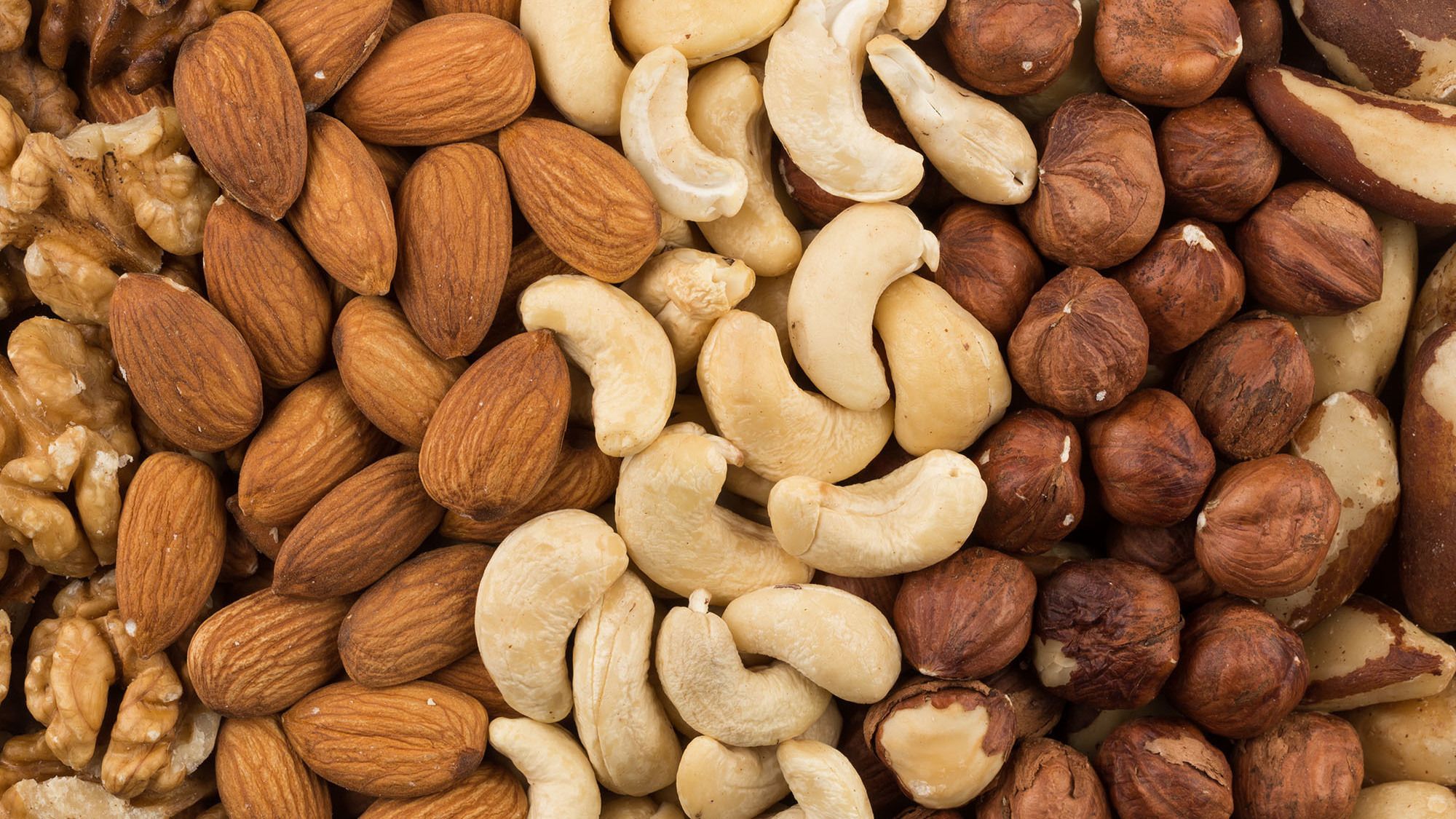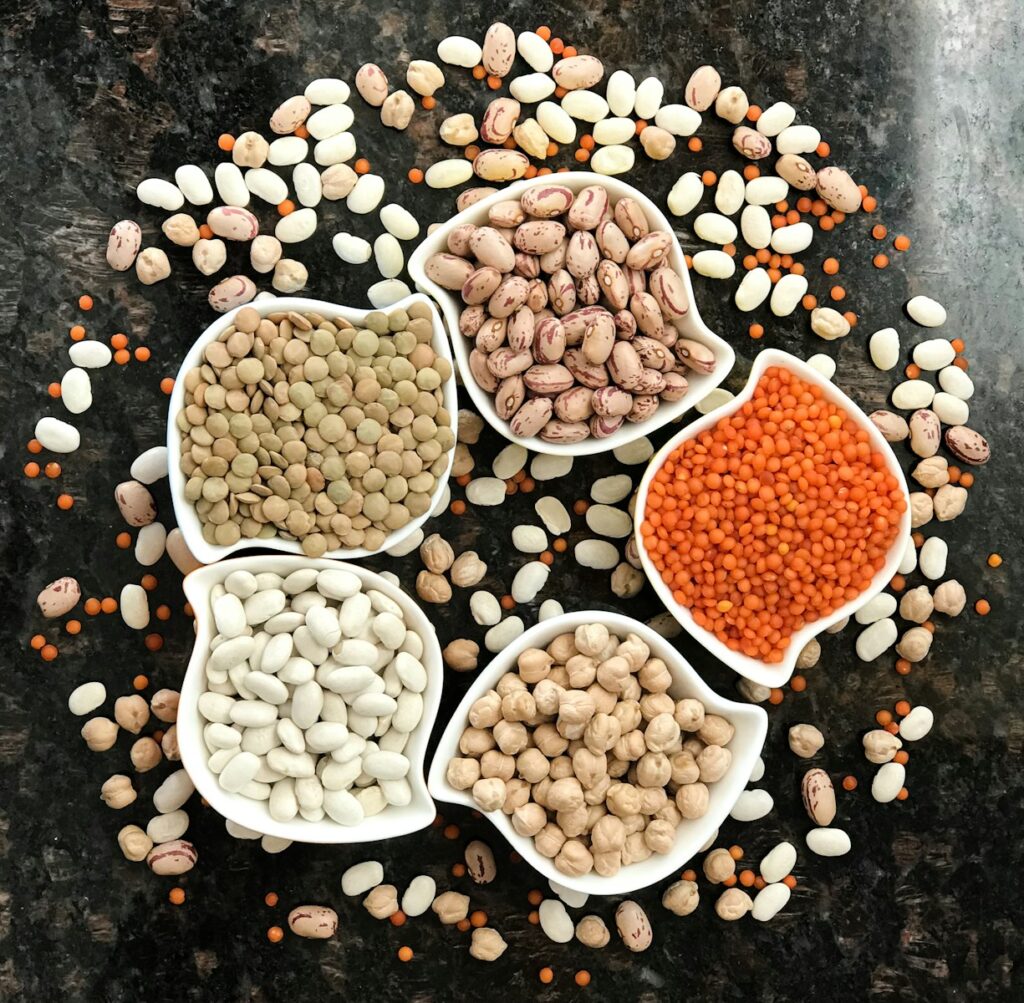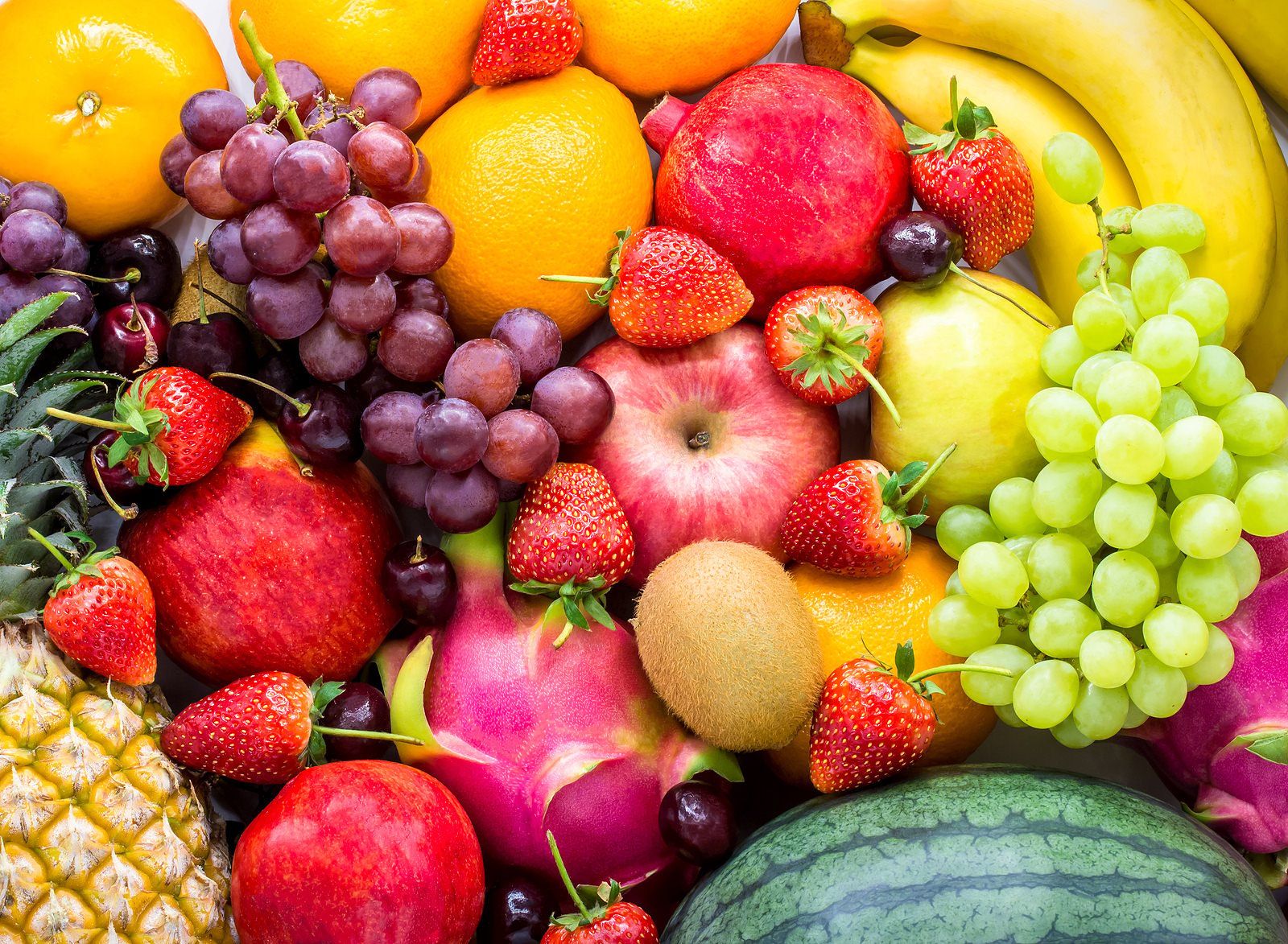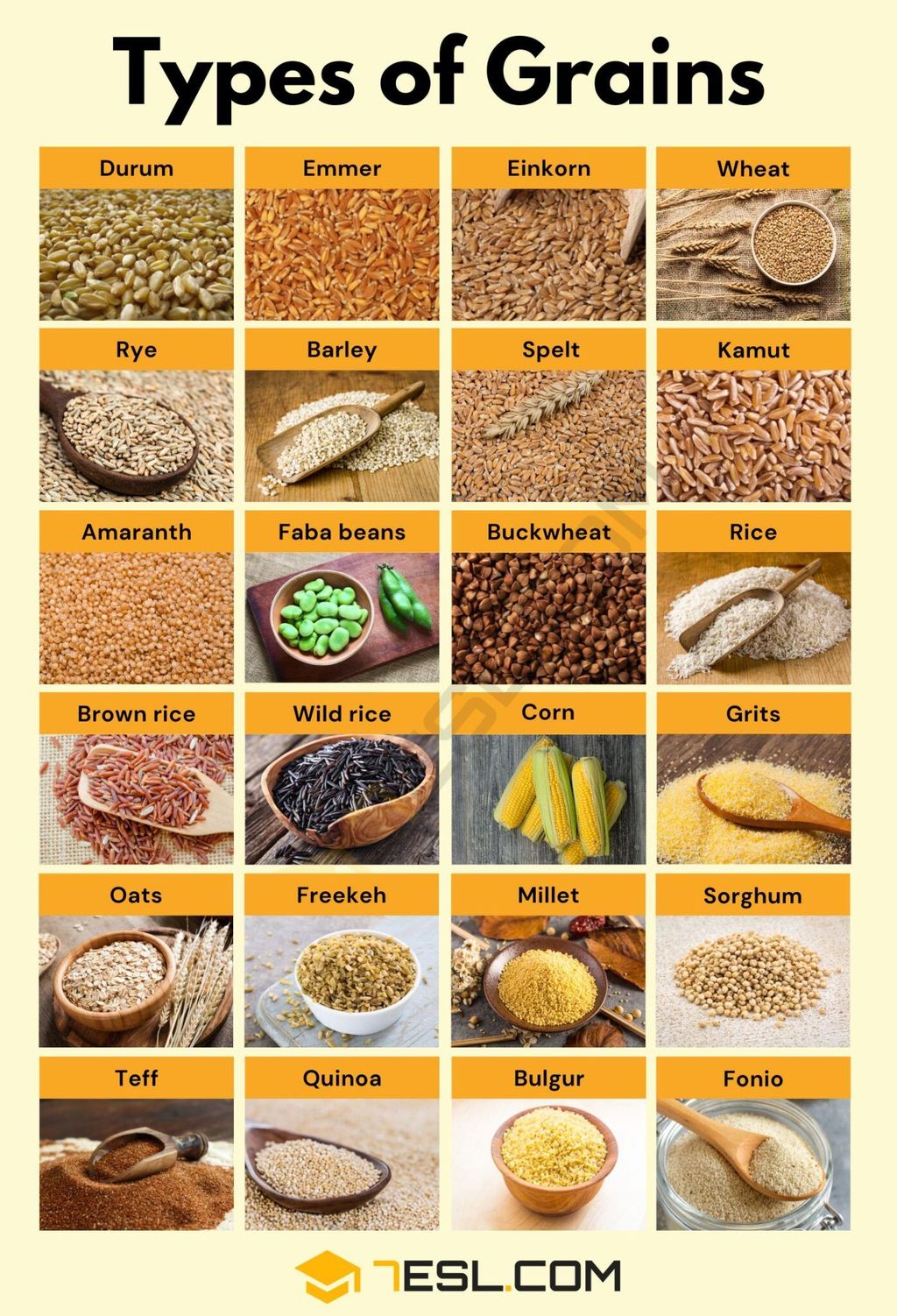
The journey to optimal well – being frequently commences on our plates, for the relationship between what we consume and how we feel is profound and indisputable. Food is not merely sustenance; at its core, it is any substance consumed to provide nutritional support for the body. This remarkable process entails plants, animals, or fungi delivering a range of essential nutrients—from carbohydrates and fats to proteins, vitamins, and minerals—all of which are meticulously assimilated by our cells to generate energy, sustain life, and promote growth. Adopting this perspective enables us to regard eating not as a mundane task, but as a proactive and empowering act of self – care and nourishment.
In today’s fast – paced world, navigating daily stresses and maintaining a stable mood can seem like a formidable challenge. However, the power of well – considered nutrition emerges as a fundamental ally in this pursuit. While it is essential to understand that no single food can magically eliminate stress or instantaneously boost mood, a diet rich in vital nutrients establishes a crucial foundation for overall physiological balance. By making well – informed choices about the foods we incorporate into our daily lives, we can furnish our bodies with the tools they require to function optimally, fostering resilience and supporting a more positive mental state.
This comprehensive guide is designed to empower you with practical and actionable insights, aligning perfectly with a philosophy of proactive health. We are embarking on an exciting exploration of specific food categories, each of which offers unique contributions to your well – being. Our insights are grounded in an accessible, evidence – based understanding, transforming complex nutritional science into straightforward strategies that you can implement today. Prepare to unlock the potential of your pantry and refrigerator, as we disclose how conscious food choices can truly elevate your health journey. It is time to try these impactful strategies and witness the positive changes for yourself!

1. **Chocolate: A Delightful Indulgence with Surprising Potential** Chocolate, a globally adored confectionery, enthralls the palate in a multitude of forms, ranging from the creamy richness of milk chocolate to the captivating subtleties of ruby chocolate and the profound intensity of dark and white varieties. At its core, chocolate, like all foodstuffs, is fundamentally aimed at providing nutritional sustenance for the body. However, beyond its indisputable allure, an increasing body of scientific research is keenly dedicated to comprehending the broader health implications that this beloved delicacy may present. It stands as a testament to the concept that even our indulgences, when enjoyed in moderation, can contribute to our overall well – being.
A particular focus is cast on dark chocolate, where its potential benefits extend to areas such as cardiovascular health. Researchers persist in exploring these associations, with studies, like the Mendelian randomization study, probing the relationship between dark chocolate consumption and the risk of cardiovascular diseases. While the science is in a constant state of evolution and specific claims necessitate careful interpretation, the mere fact that such extensive research is devoted to this popular food highlights its complex composition and the fascinating interplay between dietary choices and our physiological systems. It encourages us to look beyond mere taste and appreciate the deeper biological impacts of our food.
Adopting foods that offer both sensory pleasure and potential nutritional contributions can constitute a potent strategy in constructing a balanced and enjoyable diet. The ongoing discourse surrounding chocolate’s health aspects reminds us that a holistic approach to eating can encompass a diverse array of items. By remaining well – informed and selecting high – quality options, one can astutely incorporate items like dark chocolate into a mindful eating pattern, contributing to one’s overall enjoyment and potentially bolstering one’s body’s intricate functions. It is about making well – informed, positive choices that are in alignment with one’s health objectives.
Read more about: 14 Amazing Foods That Can Naturally Help Lower Your Blood Pressure, Backed by Experts

2. **Eggs: A Versatile Cornerstone of Nutritional Support** Eggs, a cornerstone in human diets for millennia, embody an astonishing accomplishment of natural packaging, originating from female animals of various species, encompassing birds, reptiles, amphibians, and fish. While chicken eggs are undeniably the most extensively consumed worldwide, alternatives such as duck, quail, roe, and caviar also possess considerable culinary and nutritional significance. Each egg is a miniature masterpiece, consisting of a protective shell, the albumen (egg white), and the vitellus (egg yolk), all precisely enclosed within thin membranes, poised to deliver a concentrated influx of essential life – sustaining elements.
The nutritional composition of eggs renders them an indispensable addition to virtually any dietary plan. They are lauded not merely for their culinary adaptability—metamorphosing into a myriad of dishes, ranging from airy scrambled eggs and impeccably sunny – side – up preparations to robust omelettes and traditional boiled eggs—but, more crucially, for their abundant content of vital nutrients. A substantial body of research has focused on the health benefits specifically derived from egg protein, underscoring its high quality and bioavailability, which implies that our bodies can effectively harness its amino acids for growth, repair, and overall maintenance.
Integrating eggs regularly into one’s meals provides a straightforward yet remarkably efficient means of augmenting daily nutritional intake. Their comprehensive amino acid profile bolsters muscle health, induces satiety, and sustains energy levels, all of which indirectly contribute to a more stable physiological state, aiding in the management of daily stressors. Whether one enjoys them for breakfast, lunch, or even as a light dinner, incorporating eggs into a consistent diet endows one with a simple, accessible source of complete nutrition, fostering a robust foundation for overall well – being.

3. **Nuts: Concentrated Nutrition for Energy and Balance** Nuts, frequently defined in culinary terms as any hard – shelled fruit with an edible kernel, constitute a concentrated source of nutrition and play a pivotal role in global diets. Although botanically distinct, this category broadly encompasses various true nuts as well as numerous edible seeds, which collectively account for a substantial proportion of human caloric intake, especially when combined with cereals and legumes. In addition to being directly consumed, nuts and seeds are indispensable in the production of cooking oils, the enrichment of beverages, the flavoring of dishes as spices, and the serving as vital food additives, demonstrating their profound integration into our culinary milieu.
The scientific community has conducted rigorous investigations into the extensive health outcomes associated with the regular consumption of nuts and seeds, uncovering a plethora of benefits. Studies explore their impact on crucial physiological processes, including energy balance and effective body – weight management, highlighting their potential as advantageous components within a balanced diet. Specific research, such as a comprehensive review of almond clinical trials, meticulously examines their influence on various health indicators, including weight metrics, key metabolic health biomarkers, and even the intricate ecosystem of the gut microbiota, indicating a holistic range of advantages for human health.
Furthermore, the unique characteristics of individual nuts are continuously being unveiled through dedicated research. For instance, a significant study compared a peanut – enriched weight – loss diet with a low – fat regimen, evaluating their effects on body weight, blood pressure, and glycemic control. These insights collectively emphasize the profound functional capacity of nuts: they are not merely satisfying snacks but genuinely functional foods that actively contribute to various facets of our metabolic health and overall vitality. Making a deliberate effort to incorporate a variety of nuts into one’s daily diet is an accessible and empowering step toward robust nutritional support.

4. **Legumes: The Versatile Pillars of Plant-Based Wellness** Legumes serve as a cornerstone of agricultural and nutritional systems across the globe, being cultivated primarily for their valuable food – grain seeds, commonly referred to as pulses—a category that encompasses a wide range of familiar items such as beans and lentils. Their utility extends beyond direct human consumption; they function as essential components for livestock forage and silage, as well as highly effective soil – enhancing green manure. A fascinating biological characteristic of most legumes is their remarkable symbiotic relationship with nitrogen – fixing bacteria, which inhabit specialized root nodules and play a crucial role in enriching soil fertility, rendering them invaluable to sustainable agriculture. This diverse group includes widely recognized foods like peas, beans, lentils, soybeans, and even peanuts, presenting a broad spectrum of forms and applications.
The contemporary emphasis on sustainable and health – conscious diets has propelled legumes to the forefront of nutritional discussions. Their significant contributions to human health are increasingly being recognized, transcending their traditional roles as basic sustenance to being acknowledged as pivotal elements for promoting long – term well – being. This recognition is underpinned by ongoing research into sustainable strategies for increasing legume consumption, highlighting both practical culinary integration and effective educational outreach. This concerted endeavor underscores the profound recognition of legumes as a fundamental component of nourishing, balanced diets that not only benefit individual health but also contribute positively to the broader sustainability of the food system.
Incorporating a greater variety of legumes into one’s daily meals is an extremely empowering and practical step towards enhancing one’s nutritional profile. Whether one is savoring the comforting heartiness of a bean chili, the subtle richness of a lentil soup, or the versatile textures of soy – based dishes, these plant – based powerhouses offer a rich abundance of essential nutrients, including high – quality protein and dietary fiber. This combination promotes satiety, helps stabilize blood sugar levels, and provides sustained energy, all of which contribute positively to a stable physiological state. By making legumes a consistent part of one’s eating habits, one adopts a simple yet highly effective strategy for fostering greater well – being and resilience.

5. **Oily Fish and Seafood: Unlocking the Benefits of the Ocean** Seafood constitutes a vast and invaluable category of food, encompassing any form of marine life deemed edible for human consumption, with a prominent emphasis on fish and a diverse array of shellfish, including various species of molluscs, crustaceans, and echinoderms. Fish, a foundational source of sustenance for countless millennia, refers not only to the aquatic animals themselves but also to the prepared food derived from them. Historically, and continuing into the present, fish has functioned as an indispensable and readily accessible source of high – quality protein, thereby cementing its profound significance in human nutrition across diverse cultures and geographical regions.
Within the expansive realm of seafood, oily fish garners particular attention owing to its exceptional nutritional profile. Dietary guidelines frequently underscore the strategic incorporation of oily fish, primarily due to its unparalleled richness in omega – 3 fatty acids—essential nutrients that the human body is unable to synthesize on its own. Comprehensive research, such as detailed studies on the intake and future trajectories of oily fish and omega – 3s across various life stages, consistently highlights their critical importance. This ongoing focus reflects a commitment to understanding how these vital components contribute to health from early development through to later life, thereby guiding optimal dietary recommendations.
These indispensable omega – 3 fats are integral to numerous physiological processes, significantly contributing to optimal brain function, cardiovascular health, and a robust inflammatory response, all of which are fundamental to overall well – being throughout our lifetimes. Proactively integrating nutrient – dense options like salmon, mackerel, herring, or sardines into one’s regular diet represents an extremely empowering step towards nourishing the body’s intricate systems. This conscious dietary selection can enhance one’s resilience, promote sustained cognitive function, and contribute to a general sense of vitality, making it a simple yet profoundly effective strategy for improving one’s health.

6. **Nutrient-Rich Vegetables: Guardians of Daily Vitality** In culinary terms, vegetables are broadly categorized as any edible plant or its specific parts, deliberately prepared for cooking or consumed raw. This incredibly diverse and essential food category encompasses an astonishing array of produce, ranging from the crisp texture of leafy greens such as cabbage to the earthy sweetness of root vegetables like carrots, and the pungent, aromatic complexity of alliums including onions and garlic. Vegetables are undeniably fundamental to a wholesome diet, providing not only a rich tapestry of textures and flavors but also an extensive spectrum of vital nutritional compounds, each meticulously crafted to support and enhance overall bodily functions.
Certain vegetables contain unique bioactive compounds that have become the focal point of compelling scientific research owing to their profound effects. A prime example is allicin, a potent organosulfur compound predominantly present in garlic and onions when they are crushed or chopped. Pioneering research has specifically identified allicin as a powerful antioxidant, actively counteracting oxidative stress, and notably, as a neuroprotective agent. Studies have thoroughly examined its remarkable capacity to alleviate cognitive impairment, strongly indicating its crucial role in actively promoting robust brain health and maintaining optimal cognitive function throughout life.
Empowering oneself to intentionally incorporate a greater variety of these vibrant, nutrient – dense vegetables—especially those renowned for their potent compounds like allicin—is a highly effective means to fortify the body’s natural defenses and nurture cognitive vitality. Whether it is enhancing meals with the robust flavor of cooked garlic, enjoying the crisp bite of raw onions in a fresh salad, or exploring other members of this beneficial family, these simple yet impactful culinary additions can significantly enrich one’s nutritional foundation. Opting for a colorful plate filled with diverse vegetables is a straightforward, actionable, and profoundly beneficial step towards optimizing one’s holistic health and well – being.
The journey towards a more resilient and vibrant self delves deeply into the diverse realm of our food choices. Having explored several foundational categories that form the basis for well – being, we now shift our focus to additional vital food groups. These selections, rich in their own unique array of nutrients, offer further opportunities to diversify one’s diet and bolster the body’s intricate systems, contributing to a sustained sense of balance and vitality in an increasingly demanding world. Prepare to unlock even greater potential from one’s daily plate.

7. **Fruits: Nature’s Sweet Boosters for Daily Well-being** Fruits, in their delightful array of colors, textures, and flavors, are far more than just a sweet indulgence; they are nature’s own meticulously packaged repositories of vital nutritional compounds. From the crisp texture of apples to the juicy burst of berries, these edible plant structures, whether sweet or tart, are deliberately consumed raw or incorporated into various culinary masterpieces. They represent an incredibly diverse and essential food category, offering not only sensory pleasure but also a profound spectrum of nutrients meticulously crafted to support and enhance overall bodily functions.
The nutritional richness of fruits derives from their ample supply of vitamins, minerals, and antioxidants, in addition to natural sugars that provide readily available energy. This combination is crucial for maintaining stable energy levels, which, in turn, can contribute to managing daily fluctuations in mood and concentration. By integrating a wide variety of fruits into one’s diet, one provides the body with the fundamental elements it requires to optimize cellular function, support metabolic processes, and enhance overall physiological equilibrium, thereby fostering a more stable and positive mental state.
Making a deliberate effort to incorporate a rainbow of fruits into one’s daily regimen is a simple yet profoundly effective strategy for enhancing one’s holistic health. Whether enjoyed as a quick snack, blended into a refreshing smoothie, or added to a meal, these vibrant additions can significantly enrich one’s nutritional foundation. Opting for diverse fruits enables one to take a straightforward, actionable, and highly beneficial step towards promoting greater well – being and resilience, ensuring that the body receives a broad spectrum of what it needs to thrive.

8. **Dairy Products: Building Blocks for Robust Health** Dairy products, derived from the milk of mammals, have long been acknowledged as high-energy-yielding food items, constituting a substantial component of diets worldwide. While cow’s milk represents the predominant source for human consumption, a range of other mammals, including goats, sheep, yaks, and camels, also make contributions to this diverse food category. This versatility extends to the myriad forms that dairy assumes, from liquid milk to the rich complexity of cheeses and the creamy tanginess of yogurt, each imparting unique textures and flavors to our culinary panorama.
At their essence, dairy products are lauded for offering essential nutritional support, particularly calcium and protein, which are of paramount importance for bone health, muscle function, and satiety. The role of dairy in health has been rigorously scrutinized, with studies investigating how different types, such as high-fat versus low-fat dairy and milk, may influence various health outcomes. This ongoing research underscores the significance of dairy as a constituent of a balanced diet, emphasizing its contribution to energy requirements and overall physiological operation.
Incorporating dairy products judiciously into one’s diet can serve as a pragmatic step towards comprehensive nutritional support. The proteins and fats in dairy contribute to sustained energy release and a sense of fullness, aiding in appetite management and preventing energy slumps that can impact mood. Whether enjoyed in a morning serving of yogurt, as part of a savory cheese dish, or simply as a glass of milk, these foods endow one with accessible sources of key nutrients. This conscientious inclusion can foster a robust foundation for one’s overall well-being, supporting the body’s intricate needs.

9. **Grains and Cereals: Sustained Energy for Daily Demands** Grains and cereals, the edible seeds of specific grass species, are veritable titans within the global food system, supplying a substantial proportion of the calories ingested by people annually. Staple foods such as maize, wheat, and rice alone constitute two-thirds of human food consumption, nourishing over four billion individuals and underscoring their fundamental significance since the inception of agriculture. These unassuming yet potent seeds are highly versatile, being capable of being ground into flour for breads and noodles or simply being boiled and steamed for whole consumption.
The pivotal role of grains in human nutrition resides in their capacity to furnish a large share of our energy-rich substances and a considerable quantity of other essential nutrients. They serve as the cornerstone for providing sustained energy throughout the day, which is of paramount importance for maintaining a stable mood and optimal cognitive function, particularly when confronted with daily demands. Whole grains, in particular, provide dietary fiber, which bolsters digestive health and aids in regulating blood sugar, averting the abrupt spikes and drops that can influence energy levels and emotional equilibrium.
Adopting the abundant diversity of grains available represents an empowering approach to constructing a resilient and well-balanced diet. From the comforting warmth of a bowl of oatmeal to the substantial satisfaction of whole-grain bread or the versatile sophistication of rice, these foods contribute essential carbohydrates that energize our bodies and minds. By making whole grains a regular presence on one’s plate, one ensures a consistent and dependable source of energy and nutrients, fostering both physical vigor and mental acuity to navigate the challenges of contemporary life.

10. **Lean Meats and Poultry: Robust Protein for Body and Mind** Meat, defined as the flesh of animals consumed as food, has served as a cornerstone of human diets for millennia, with our omnivorous ancestors hunting and domesticating animals for sustenance. Nowadays, a vast array of meats, encompassing beef, pork, and various types of poultry such as chicken, continue to function as indispensable sources of high-quality protein across diverse cultures and geographical regions. These meat variants are distinct from oily fish, presenting a different yet equally vital nutrient profile essential for our physiological well – being.
Lean meats and poultry are particularly prized for their abundant content of complete proteins, which supply all the essential amino acids that the human body is unable to produce independently. These proteins are crucial for a multitude of bodily functions, including muscle repair and growth, enzyme synthesis, and bolstering a healthy immune system. Research, including reviews on poultry consumption, persists in exploring the influence of these protein sources on human health outcomes, emphasizing their fundamental contribution to a robust and well – functioning organism.
Strategically incorporating lean meats and poultry into one’s diet offers a potent approach to meeting the body’s requirements, especially in terms of sustained energy and physical resilience. The continuous provision of high – quality protein fosters satiety, aids in stabilizing blood sugar levels, and provides the building blocks for neurotransmitters, thereby indirectly supporting a more stable physiological state and mental disposition. Whether it is a grilled chicken breast, a lean cut of beef, or a savory lamb dish, these selections endow individuals with effective and accessible sources of nourishment for optimal daily performance and well – being.

11. **Edible Tubers: Earth’s Energy Reserves** Edible tubers, such as potatoes, sweet potatoes, and yams, constitute a captivating category of modified plant structures that nature has engineered to store copious nutrients. These enlarged subterranean organs are of paramount importance for plants to endure adverse conditions and regenerate. Similarly, they provide humans with a concentrated and invaluable source of energy and essential nutrients. Historically, they have functioned as significant staple foods in numerous regions across the globe, forming the bedrock of the diets of countless populations.
The nutritional prowess of tubers resides in their high – concentration carbohydrate content, which offers a readily accessible and long – lasting source of energy. In addition to carbohydrates, they also supply a spectrum of vitamins and minerals that are crucial for overall health. Recent studies, which compare potatoes with rice in meals, have even demonstrated their ability to mitigate postprandial glycemia and enhance satiety in healthy adults. This underscores their functional advantages in regulating blood sugar and fostering a sense of fullness, both of which contribute to stable energy levels and a positive mood.
Making a considered decision to incorporate these nutrient – dense tubers into one’s meals is a pragmatic and empowering move towards bolstering one’s body’s energy reserves. Whether it is the versatile potato, the nutrient – rich sweet potato, or other varieties, these foods deliver the consistent fuel required for sustained physical and cognitive performance. By integrating them judiciously into one’s diet, one supports one’s body’s capacity for resilience and contributes to a more balanced and energetic daily experience, enabling one to confront life’s challenges with vigor.

12. **Edible Fungi: Unique Contributions to Vitality** Edible fungi, commonly referred to as mushrooms, constitute the fleshy and frequently captivating fruiting bodies of various macrofungi species. These unique organisms, which can be found both below and above ground, have been highly valued for their distinct flavors, textures, and nutritional attributes across a wide array of cuisines. Beyond their culinary allure, their edibility is also characterized by the absence of poisonous effects and the presence of desirable taste and aroma, rendering them a fascinating and invaluable addition to the human diet.
While often neglected, edible mushrooms possess a distinctive nutritional profile that merits attention. Research persists in exploring their functional properties, disclosing that they contain a multitude of vitamins, minerals, and bioactive compounds. These constituents contribute to overall health and can play a part in bolstering the body’s innate defenses. The complex composition of edible fungi implies their potential to contribute to a holistic approach to nutrition, enhancing well-being through their unique contributions beyond mere caloric intake.
Conscientiously incorporating these remarkable edible fungi into one’s regular meals is a wonderfully straightforward yet efficacious way to diversify one’s nutrient intake and explore new realms of flavor. Whether sautéed, roasted, or added to soups and stews, mushrooms can elevate one’s dishes while contributing their unique array of beneficial compounds. By embracing the distinctive qualities of edible fungi, one empowers oneself with a subtle yet potent strategy for fortifying one’s nutritional foundation and fostering a comprehensive sense of vitality in one’s daily life.
As we conclude this exploration of mood – enhancing and stress – alleviating foods, it is evident that true well – being is not achieved through a single superfood, but through the intelligent synergy of a diverse and nutrient – rich diet. Each food category, ranging from the delightful indulgence of dark chocolate to the earthy goodness of mushrooms, offers unique components that collectively build resilience, stabilize mood, and enhance the body’s remarkable capacity to thrive. By making informed and proactive choices about what one places on one’s plate, one is not merely eating; one is actively nurturing a more vibrant, balanced, and empowered self. So, take these insights, try these foods, and witness the positive transformation for oneself!



